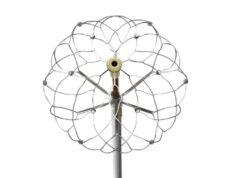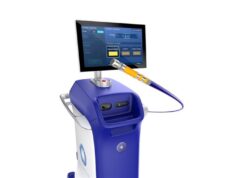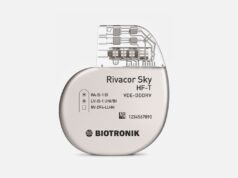
Boston Scientific has launched the Resonate cardiac resynchronisation therapy defibrillator (CRT-D) systems in Europe. This new family of devices features SmartCRT technology, which recently received the CE mark. The platform is now available for heart failure patients across Europe.
The Resonate family of CRT-D systems offers SmartCRT technology, designed to enable physicians to offer a personalised care approach to all patients, including a wide range of options of where, when and how to pace.
SmartCRT is also equipped with MultiSite pacing, which offers three left ventricular multipoint pacing options. An observational study found pacing with two left ventricular vectors achieved a 90% response rate from patients.
The Resonate family includes the Resonate X4, Charisma X4, Vigilant X4 and Momentum X4 CRT-D devices. The adoption of newer CRT-D features can be limited due to device longevity, but the Resonate family is supported by the company’s EnduraLife battery technology, clinically proven by nine independent studies to offer industry-leading longevity. EnduraLife can offer up to 14.7 years battery life—13.3 years with MultiSite pacing switched on.
“Despite decades of successful treatment with CRT-D therapy, 30 to 45% of patients still do not respond to treatment,” says Ignacio Garcia Bolao, director of the department of cardiology and Cardiac Surgery of the Clínica Universidad de Navarra in Pamplona, Spain. “Each patient with heart failure is different and the combination of MultiSite pacing and battery longevity gives me the confidence and freedom to make treatment decisions based on what is needed for the individual patient.”
In Europe, the Resonate family joins the growing line of ImageReady magnetic resonance (MR)-conditional devices, all of which are labelled safe for use in an MRI setting when conditions of use are met. Patients receiving the Resonate CRT-D system are now able to undergo full-body MR scans safely in 1.5T environments when conditions of use are met.









